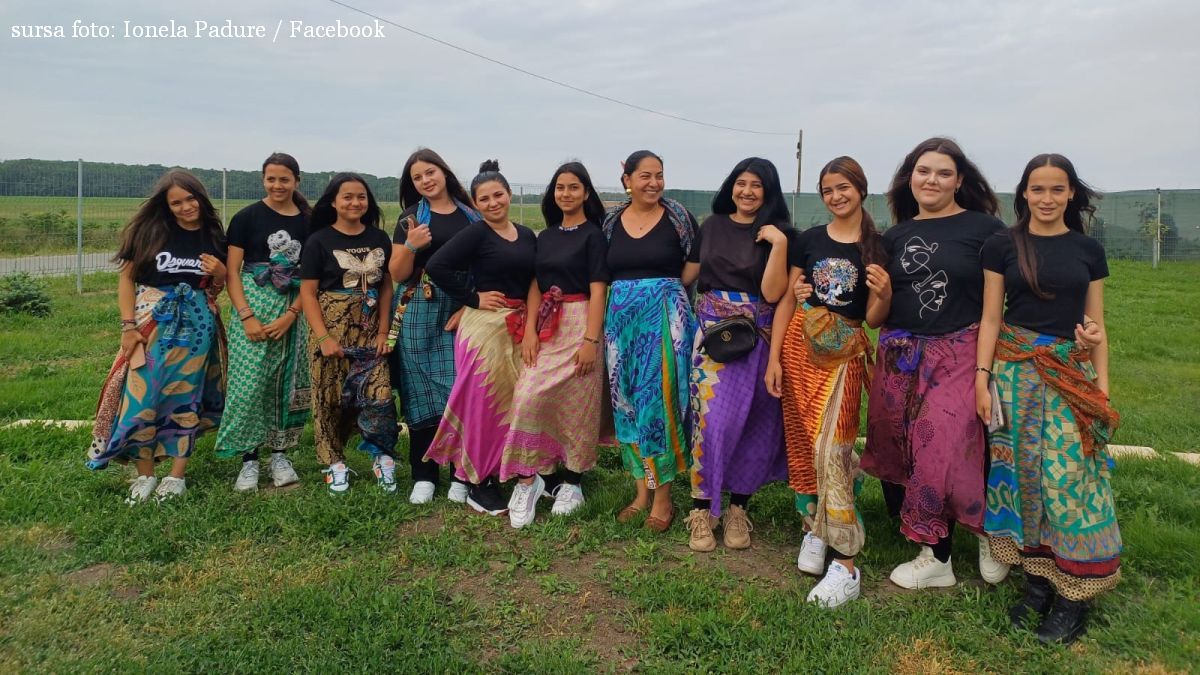At home on the road
Todays show is devoted to one of the most notable book releases this year, put out by Humanitas Publishers

Christine Leșcu, 03.01.2018, 12:21
“This is the most beautiful, the most impressing and the most spectacular book released in Romania this year. It is a journalism book, a collection of some of the best reports Elena and Cosmin have made these 4 years.
These are the realities of our times, but ones that many of us have had no opportunity to encounter.
“From their trailer, they managed to do things that I hope will get the attention of the people in power as well. Make them aware that unhappy people also exist.
“This book may make us sad, but I think it is our duty to read these reports, which are very carefully put together and very well chosen.
The authors of the book, the journalist Elena Stancu and photographer Cosmin Bumbut, gave up their jobs and their one-room flat in Bucharest, and have been living in a mobile home for 4 years. They did it in order to document Romania in texts and images, without the restrictions entailed by the policies and pace of work in an editorial office. The first project they worked on as free-lance journalists won a grant from Rosalynn Carter Centre and the Independent Journalism Centre, and it focused on Romanians use of physical punishment as a means to educate their children. A survey run by Save the Children organization confirms that 63% of the kids in Romania are subject to domestic violence. In their book, Elena Stancu and Cosmin Bumbut document 2 families living in penury in Mironeasa, a 5,000-people village in Iasi County in the north-east, where most families live on social assistance.
“This is part of the regular, daily life in a village, in Moldavia as well as in Oltenia, in Transylvania or other regions. Unfortunately, such cases are very common, and weve found similar instances in many other places. Many Romanians are poor, have little access to education, their children are unable to escape this vicious circle of poverty. When we documented the Cojocaru case, I took notes on a beer crate, because they didnt have a table in their house. One of the girls, the only one of the 8 children who was going to school and who liked school, was doing her homework on the bed. The book includes a photo of her trying to write like this. Well, these children will one day be parents, and the only legacy they will leave to their own children will be the poverty they inherited from their parents. These are not exceptional cases, we didnt set out to look for exceptions, we set out to look for Romania. And unfortunately, this is what Romania is. Even if this is hard to grasp from inside our confortable bubble in Bucharest, or Cluj, or Craiova.
“Three years ago, when we started to work on this topic, we went to poor regions, to penitentiaries, but we also documented domestic violence cases among intellectuals. Those materials have not been edited yet or posted on our website, teleleu.eu. But we found similarities. For instance in Baia Mare we talked to a convict coming from a family with many kids. He told us about the beatings his father used to give them, going to extreme levels, such as his father dangling him over the balcony rail and threatening to kill him. We heard the same story from the daughter of an architect in Bucharest.
Maria Ionita, one of the women whose story was presented by Elena and Cosmin on their website www.teleleu.eu, died this summer. She had been frequently beaten by her husband in front of their 9 children, taken by social workers to hospital several times, and she seemed doomed to die, in a country where “no one interferes with other peoples families, as Elena Stancu puts it.
“We wrote on Facebook that the other women in the village, also subjected to domestic violence, complain to social workers using the words, ‘Well end up like Maria Ionita. And recently we were contacted by someone from a shelter for domestic violence victims, who said they wanted to work with the social assistants there. OvidiuRo Association went to that community and implemented a kindergarten programme. A friend of ours, who had read the Mironeasa story, collected toys and school supplies and sent them to those children. But this is not a solution for social problems. What we need is a national programme, a well-designed strategy to tackle these systemic issues.
During the 4 years they have been living in a trailer, Elena Stancu and Cosmin Bumbut have talked to inmates, victims of extreme poverty and violence, people with disabilities and special needs, and marginalised Roma people. The famed writer Mircea Cartarescu once said “Elena and Cosmin are my heroes. They have set out to look for real life and real people, which can be found not in the standardised and tamed world in which we, culture consumers, live at present, but rather in extreme poverty, in dilapidated houses, in unbelievable violence, in God-forsaken communities, in prisons and ghettos. Cosmin Bumbut told us more about their experience.
“The country is as you can see it in our book. And yet we are optimistic. Because among the people we have met, photographed and interviewed, there are also good people. We started out with a lot of fears, but we were well received by everybody. Everybody criticises the Roma people and accuses them of doing nothing to improve their lives. The supreme argument of those who judge gipsies is, look, we did something with our lives, we went to college, we have good jobs, so they should be like that, too. But as weve seen during these 4 years, not everybody can do it. What Im trying to say is that there is optimism in what weve seen. But we have to face the facts: Romania is as we describe it in our book, not as we see it on Facebook or as we imagine it to be from our comfort zone. (Translated by A.M. Popescu)






























